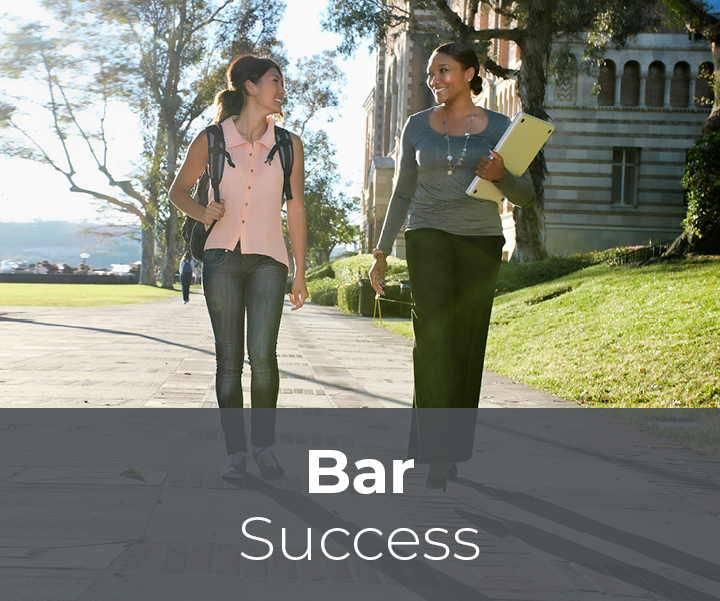
Legal Profession
Diversity and Inclusion in the American Legal Profession: Workplace Accommodations for Lawyers with Disabilities and Lawyers Who Identify as LGBTQ+
Document Type
Journal Article
Publication Date
11-2020
Keywords
lawyer demographics, implicit bias in the legal profession
Abstract
Purpose: Workplace accommodations, vital for employees with disabilities, promote diversity and inclusion efforts in organizations. This article examines who requests accommodations and who is more likely to have requests granted. We investigate the roles of individual characteristics and their intersection, including disability, sexual orientation, gender, race/ethnicity, and age.
Methods: Using data from a national survey of U.S. lawyers, we estimate the odds of requesting accommodations and having the requests approved. We also estimate differences in odds according to individual characteristics, adjusting for control variables.
Results: Personal identity factors, such as disability status, gender, and age, predict requests for accommodations. Odds of requesting accommodations were higher for women and people with disabilities as compared to men and those without disabilities, but lower for older individuals. Odds of requesting accommodations were higher for an older population segment—older lesbian, gay, bisexual, and queer (LGBQ) lawyers—than for younger lawyers. Accommodations were granted differentially to individuals with multiple marginalized identities. Counter to predictions, being a person with a disability is negatively associated with having an accommodation granted. Older lawyers generally have higher odds of having accommodations granted, but odds for groups such as women and racial/ethnic minorities decline with age. LGBQ lawyers who are racial minorities have lower odds than White LGBQ lawyers of having their accommodations granted. Longer tenure increases the odds of requesting accommodations. Working for a private organization decreases the odds; working for a large organization generally increases the odds.
Conclusions: Those most needing accommodations, such as lawyers with disabilities and women, are more likely to request accommodations. Disabled lawyers, older women lawyers, older racial/ethnic minority lawyers, and LGBQ minority lawyers have relatively low odds of having requests granted. The results highlight the need to consider intersectional identities in the accommodation process.



